Summary
Location
- Ram Niwas Garden, Ashok Nagar, Jaipur, Rajasthan 302007
⬇️Tap on “View larger map” to get Direction
Full Story
The Albert Hall Museum, located in Jaipur, Rajasthan, is the oldest museum in the state and one of the most iconic landmarks of the city. It is a stunning example of Indo-Saracenic architecture and serves as a repository of art, history, and culture. Here’s a detailed exploration of its history, architecture, collections, and significance:
Historical Background
- Origins and Construction:
- The Albert Hall Museum was built in 1876 as a concert hall to commemorate the visit of the Prince of Wales, Albert Edward, to Jaipur.
- The foundation stone was laid during the prince’s visit, and the building was initially intended to be a town hall.
- Transformation into a Museum:
- In 1880, Maharaja Sawai Madho Singh II decided to convert the hall into a museum to promote art and education.
- The museum was formally opened to the public in 1887 and was named after the Prince of Wales, Albert Edward.
- Architectural Design:
- The museum was designed by Sir Samuel Swinton Jacob, a British architect, in the Indo-Saracenic style, which blends Indian, Islamic, and European architectural elements.
- The design was inspired by the Victoria and Albert Museum in London.
Architectural Marvel
The Albert Hall Museum is a masterpiece of Indo-Saracenic architecture, characterized by its intricate design, grand domes, and ornate decorations.
- Exterior Design:
- The museum features arched windows, domed pavilions, and minaret-like towers.
- The facade is adorned with carved stonework, jali screens (latticework), and decorative motifs inspired by Mughal and Rajput styles.
- Interior Decor:
- The interior of the museum is equally impressive, with high ceilings, ornate pillars, and hand-painted frescoes.
- The central courtyard is surrounded by galleries, each showcasing different collections.
- Key Features:
- Central Dome: The grand central dome is a highlight of the museum’s architecture, featuring intricate designs and patterns.
- Balconies and Corridors: The museum has multiple balconies and corridors that offer panoramic views of the building’s interior and exterior.
Collections and Galleries
The Albert Hall Museum houses a vast and diverse collection of artifacts, spanning art, history, and culture. The museum’s galleries are organized thematically, offering visitors a comprehensive glimpse into Rajasthan’s heritage.
- Art and Sculpture:
- The museum has an extensive collection of paintings, sculptures, and miniature art from Rajasthan and other parts of India.
- Notable exhibits include Pichwai paintings, Phad scrolls, and Mughal miniatures.
- Textiles and Costumes:
- The museum showcases a rich collection of traditional textiles, embroidery, and royal costumes.
- Visitors can see examples of Bandhani, Leheriya, and Zari work, which are iconic to Rajasthan.
- Arms and Armor:
- The museum has a dedicated gallery for weapons and armor, including swords, shields, and firearms used by Rajput warriors.
- The collection highlights the martial traditions of Rajasthan.
- Carpets and Rugs:
- The museum displays a variety of Persian and Indian carpets, showcasing intricate designs and craftsmanship.
- Egyptian Mummy:
- One of the most fascinating exhibits is an Egyptian mummy, which was gifted to the museum by the Egyptian government in the 1980s.
- Decorative Arts:
- The museum features a collection of ceramics, ivory carvings, and metalwork, reflecting the artistic traditions of different regions.
- Natural History:
- The museum has a section dedicated to natural history, with exhibits of taxidermy animals, birds, and minerals.
Cultural and Historical Significance
- Symbol of Jaipur’s Heritage:
- The Albert Hall Museum is a symbol of Jaipur’s rich cultural and historical heritage.
- It reflects the vision of the Rajput rulers to promote art, education, and culture.
- Tourist Attraction:
- Today, the museum is one of Jaipur’s most popular tourist destinations, attracting visitors from around the world.
- It offers a comprehensive insight into Rajasthan’s art, history, and traditions.
- Educational Resource:
- The museum serves as an educational resource for students, researchers, and history enthusiasts.
- It regularly hosts exhibitions, workshops, and cultural events to promote awareness of Rajasthan’s heritage.
Restoration and Preservation
- Conservation Efforts:
- The Rajasthan government and the Archaeological Survey of India (ASI) have undertaken several restoration projects to preserve the museum’s architecture and collections.
- Efforts have been made to maintain the building’s structural integrity and protect it from environmental damage.
- Modern Additions:
- The museum has incorporated modern amenities, such as audio guides, information panels, and interactive displays, to enhance the visitor experience.
Interesting Facts About Albert Hall Museum
- The museum’s design was inspired by the Victoria and Albert Museum in London, reflecting the cultural exchange between India and Britain during the colonial era.
- The building’s facade features murals depicting various cultures and civilizations, symbolizing the unity of humanity.
- The museum’s Egyptian mummy is one of the few such exhibits in India, making it a unique attraction.
Conclusion
The Albert Hall Museum is a treasure trove of art, history, and culture, offering visitors a glimpse into Rajasthan’s rich heritage. Its stunning architecture, diverse collections, and historical significance make it a must-visit destination in Jaipur. Whether you’re an art lover, a history enthusiast, or a curious traveler, the Albert Hall Museum promises a fascinating journey through time and culture. It stands as a proud reminder of Jaipur’s royal legacy and its commitment to preserving and promoting its heritage.

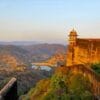
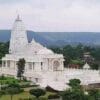
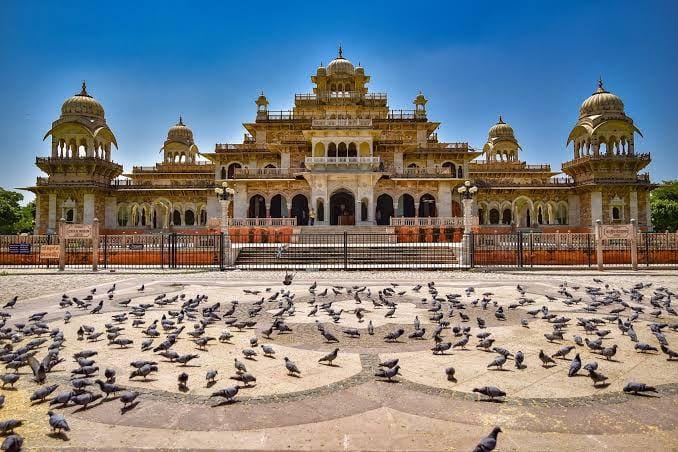
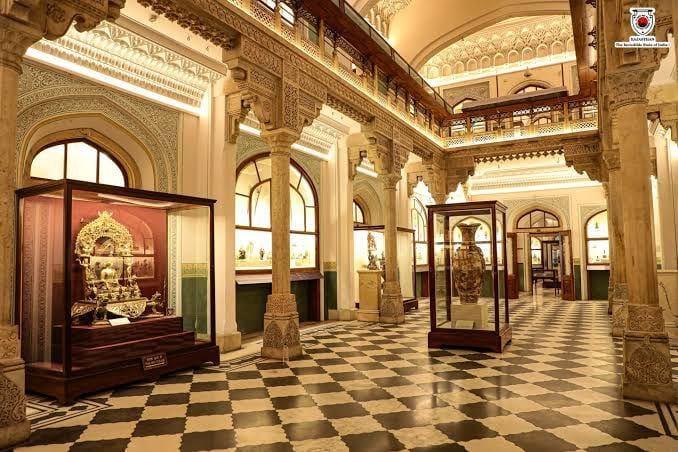
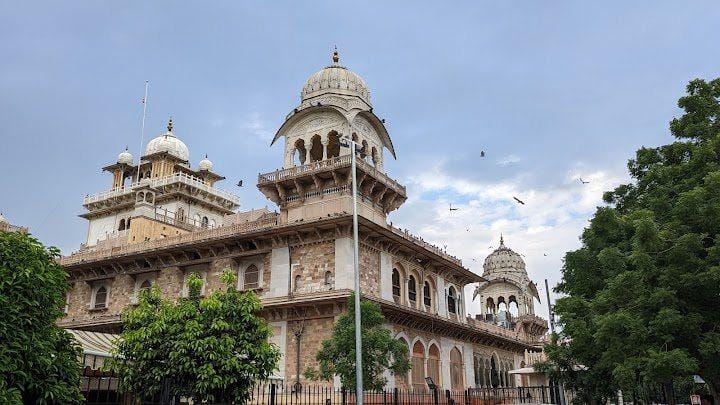
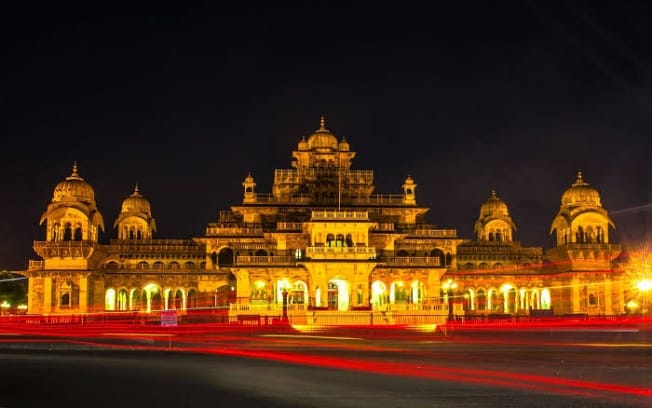
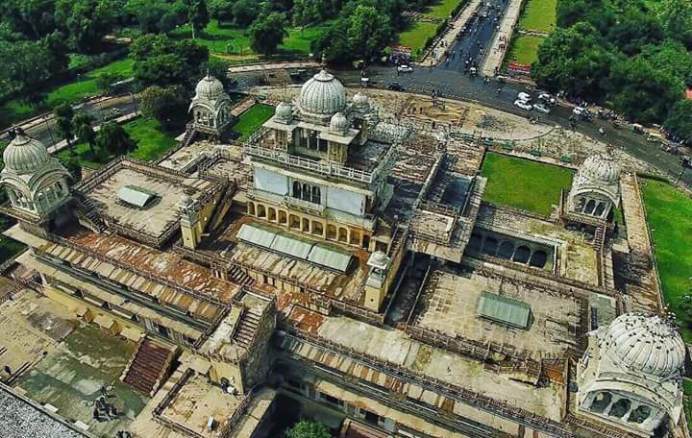
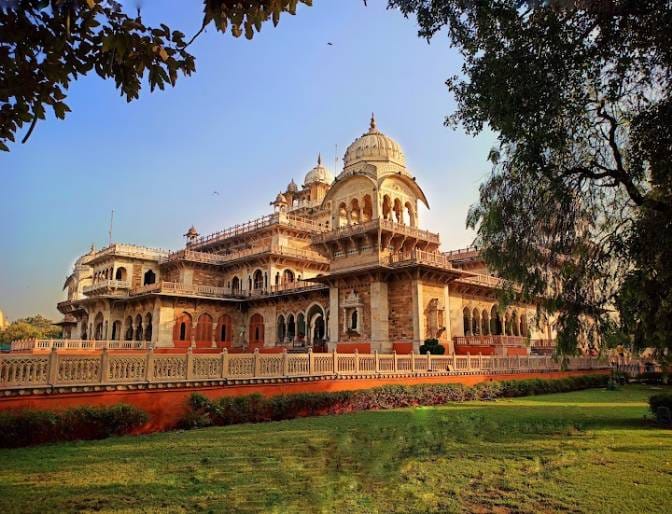
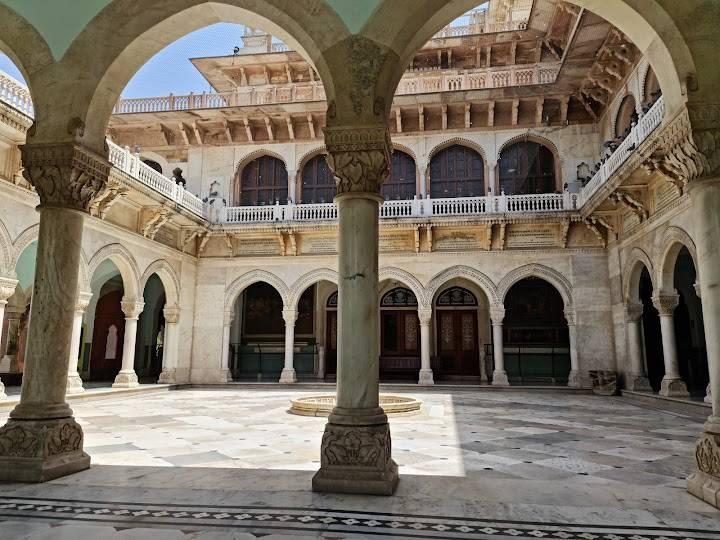
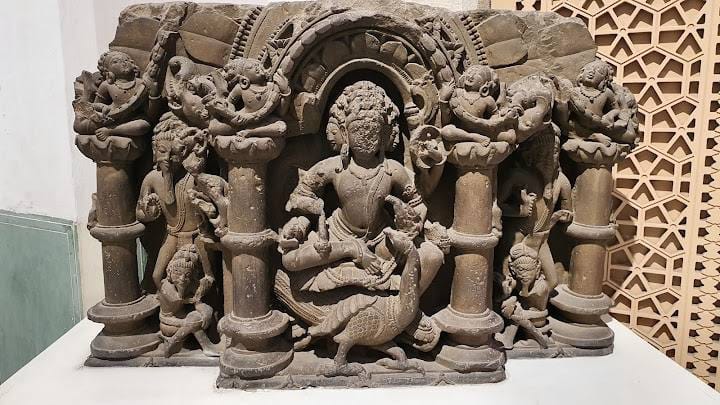
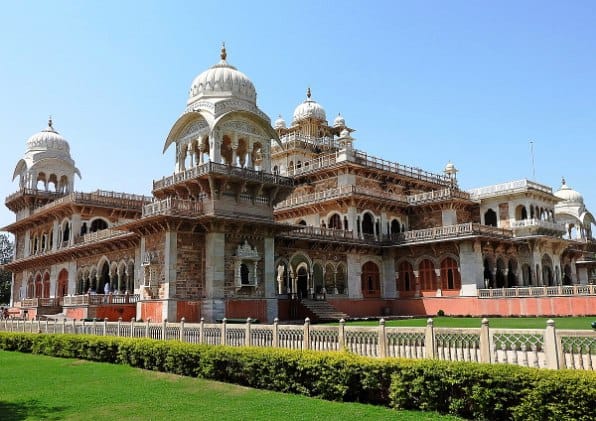
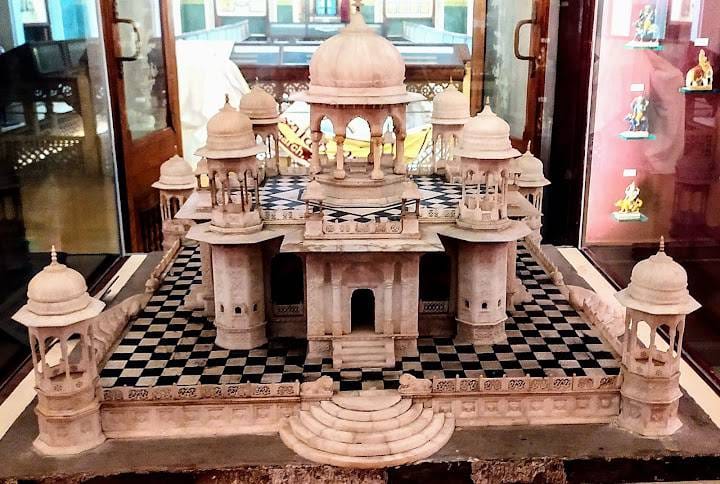
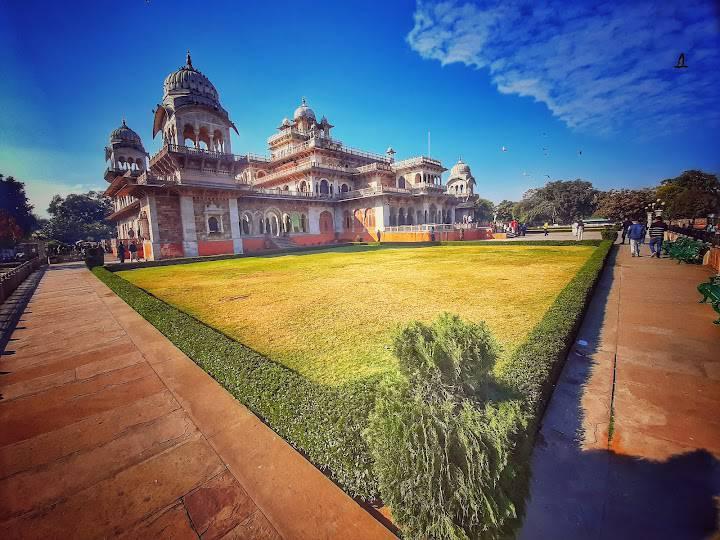
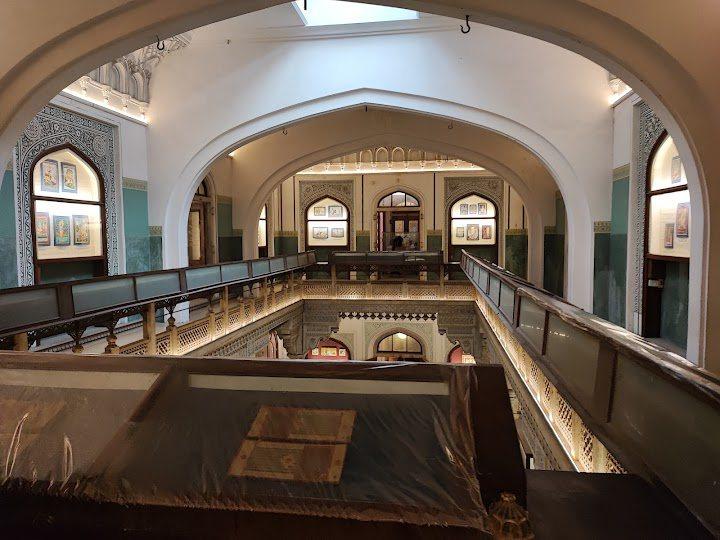
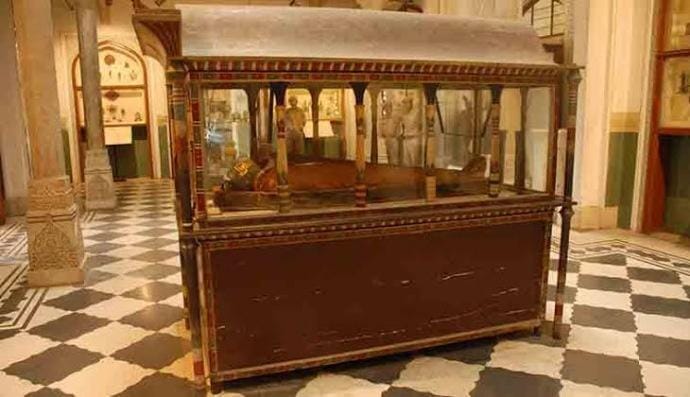

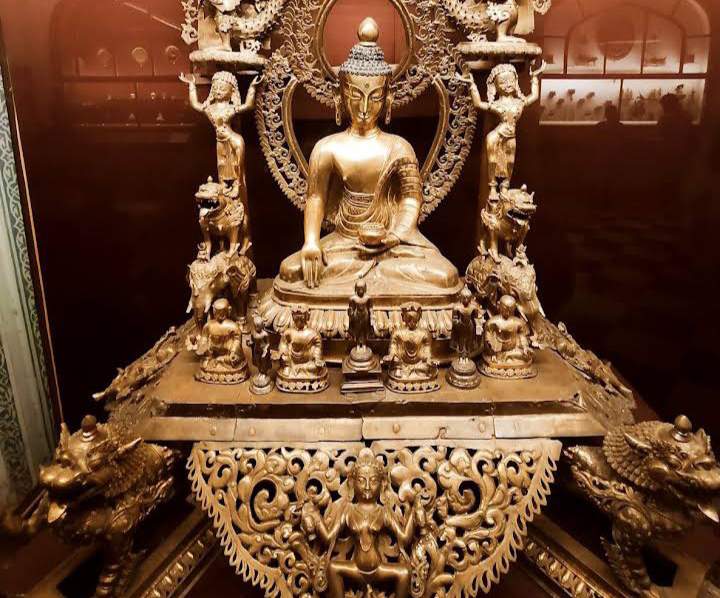
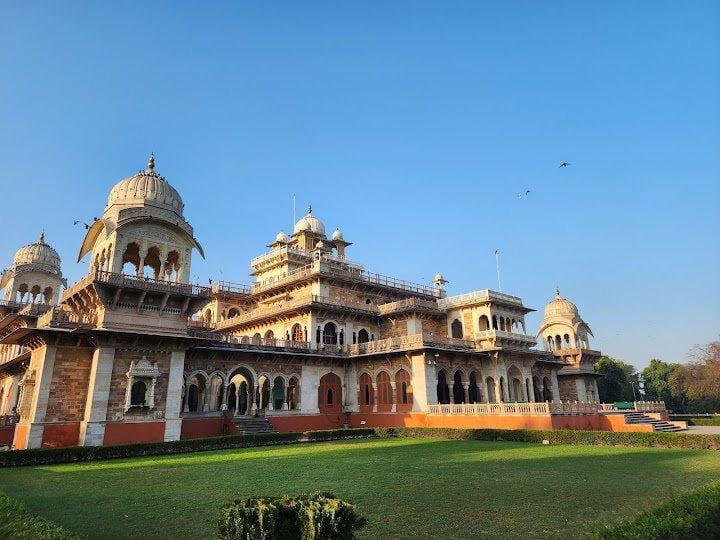


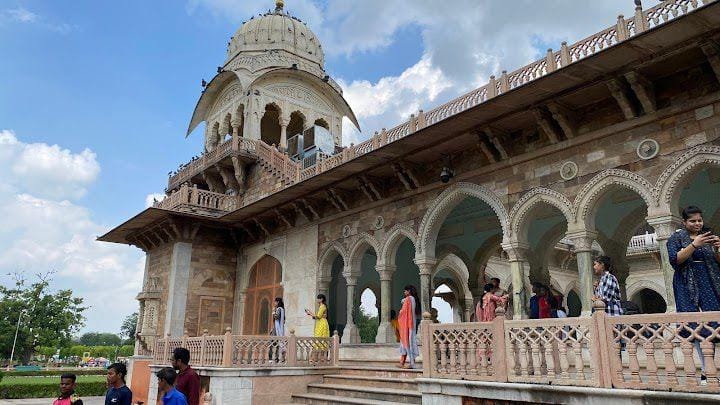
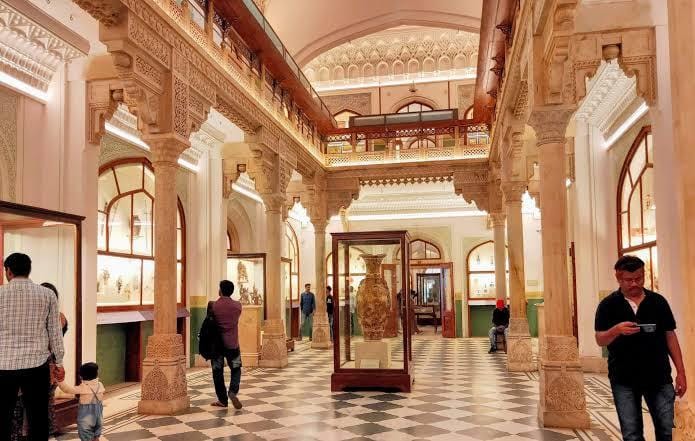
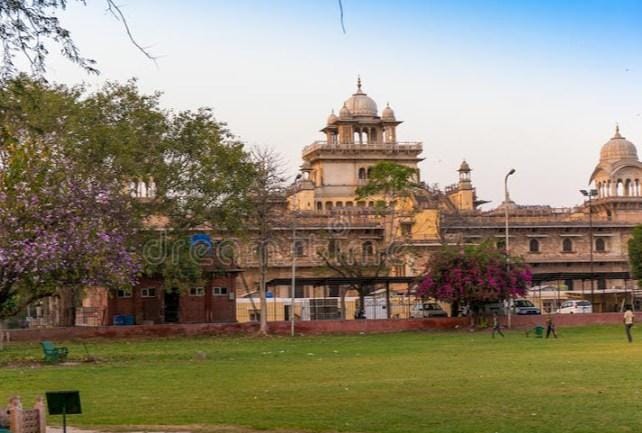
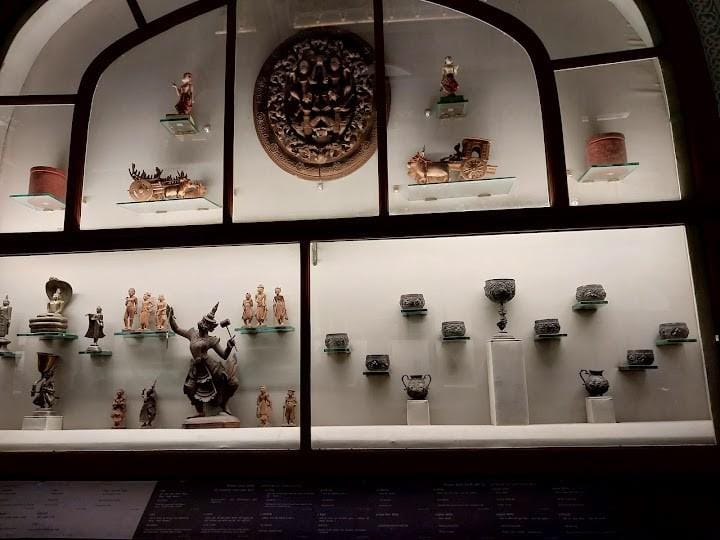

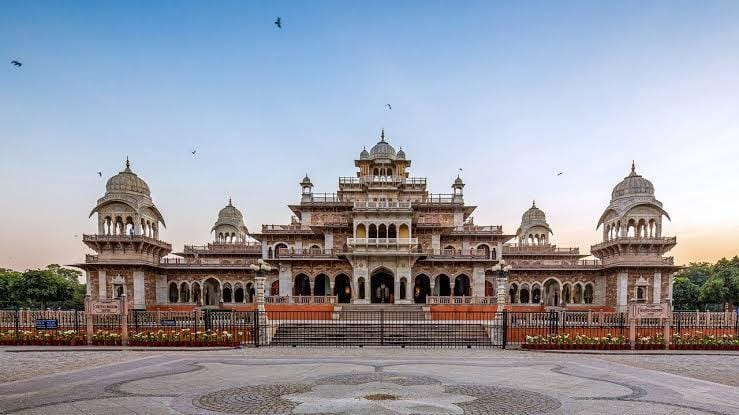

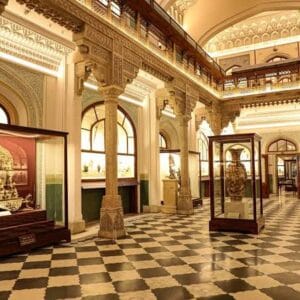
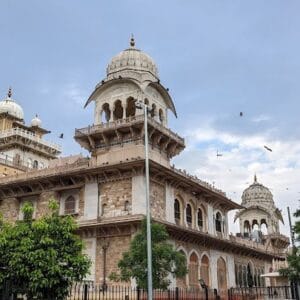
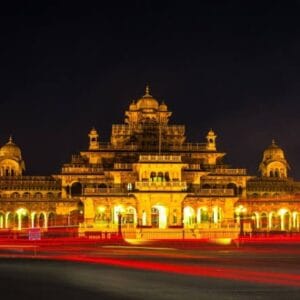
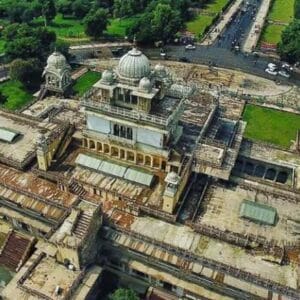
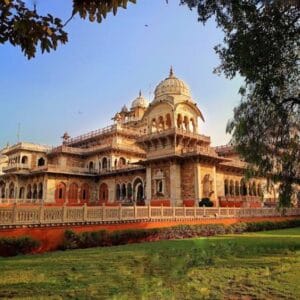
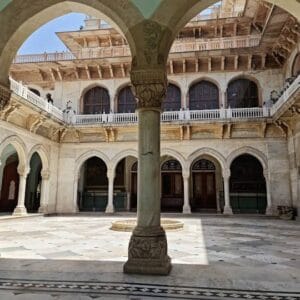
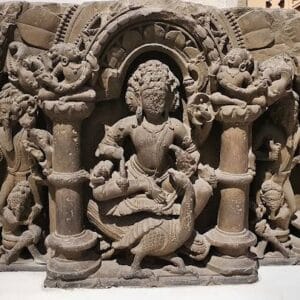
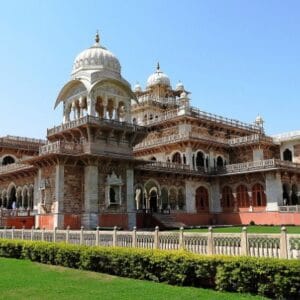
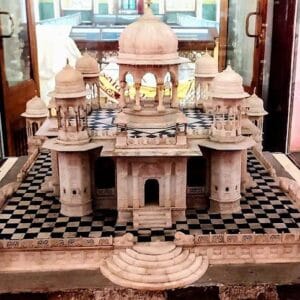
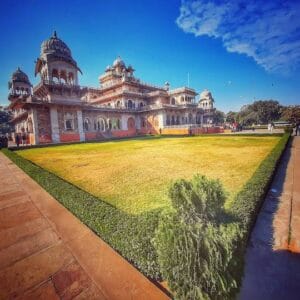
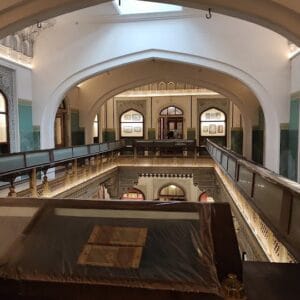
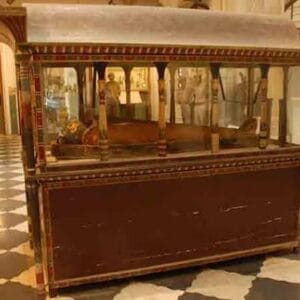
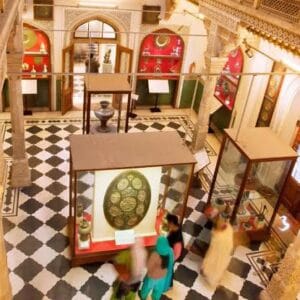
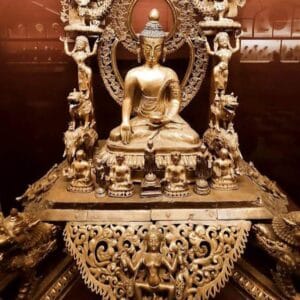
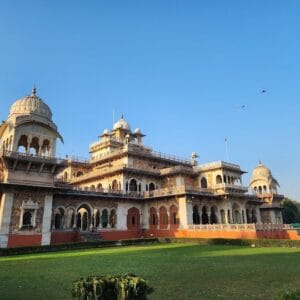
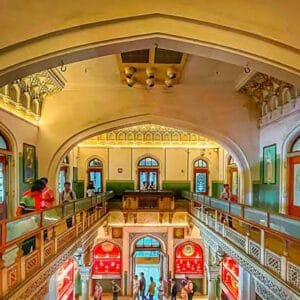
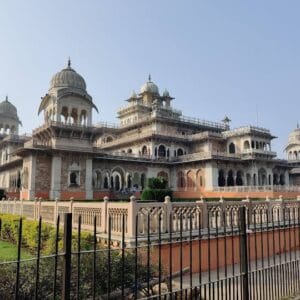
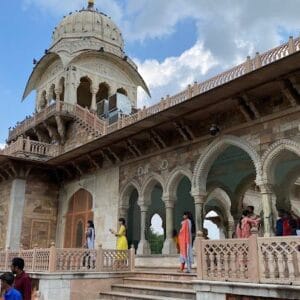
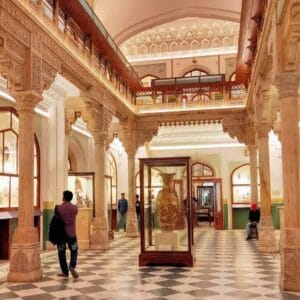
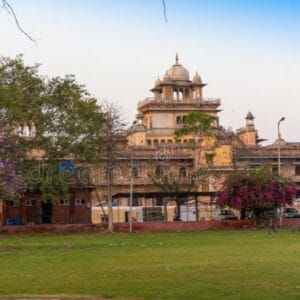
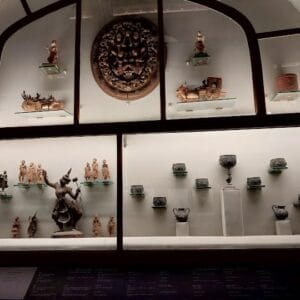
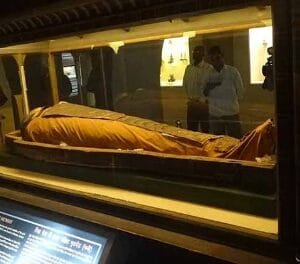
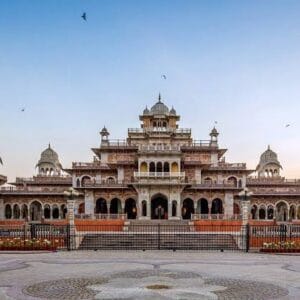





Reviews
There are no reviews yet.